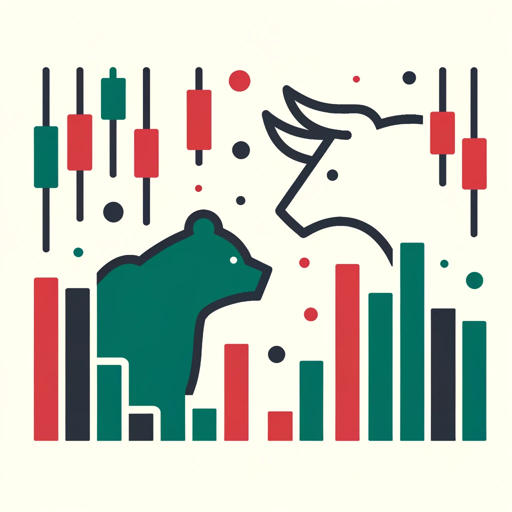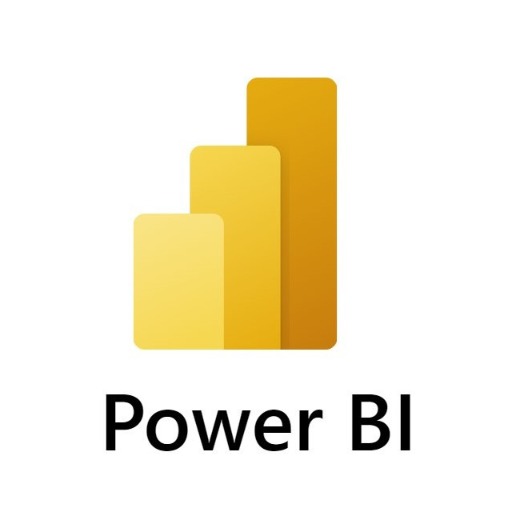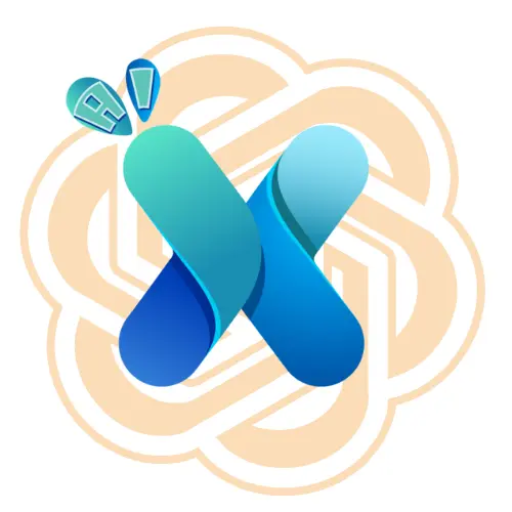Algo Trading-AI-Powered Trading Assistant
Automate your trading with AI precision.
Explain the concept of algorithmic trading
How do stock market trends impact investments?
Create a DALL-E image of a financial chart
Discuss the risk factors in forex trading
Related Tools
Load More
Trading Assistant (Stocks/Crypto/Options) ✅
I'll help you analyze market news and charts for trading/investing

Trading Guru
Expert in stocks trading, Chart Analysis and Real-Time Data Analysis

DayTraderGPT
Provides technical analysis and trading insights. Attach a TradingView chart to get started!

Quant Trader 2.0
Data-driven quant trading strategist with API access

IBKR AlgoTrade Master GPT
Specializes in Interactive Brokers Python API for analysis and Algorithmic Trading Programs

cTrader Algo Trading Assistant
Guides on cTrader and Freqtrade for algo trading
20.0 / 5 (200 votes)
Introduction to Algorithmic Trading
Algorithmic trading, often referred to as 'algo trading,' involves using computer algorithms to execute trades in financial markets. These algorithms follow pre-defined instructions for trading to generate profits at a speed and frequency that would be impossible for a human trader. The basic functions of algo trading include identifying trading opportunities, executing trades automatically, and managing risk. For instance, a simple algo trading strategy might involve an algorithm that buys a stock when its 50-day moving average crosses above its 200-day moving average, and sells it when the reverse occurs. This process helps in eliminating the emotional and psychological biases that can affect human trading decisions.

Main Functions of Algorithmic Trading
Market Analysis
Example
Algorithms can analyze vast amounts of market data in real-time to identify patterns or trends.
Scenario
A hedge fund might use an algorithm to scan global markets for arbitrage opportunities, where it can simultaneously buy and sell related securities to lock in a profit.
Trade Execution
Example
Algorithms can automatically execute trades once certain conditions are met.
Scenario
A high-frequency trading firm might use algorithms to execute thousands of trades per second based on minute price movements, capturing small profits that accumulate over time.
Risk Management
Example
Algorithms can be designed to limit exposure to risk by setting stop-loss levels and diversifying trades.
Scenario
An asset management firm might employ algorithms to ensure that no single trade exceeds a certain percentage of the portfolio, thereby maintaining a balanced risk profile.
Ideal Users of Algorithmic Trading Services
Institutional Investors
These include hedge funds, mutual funds, and pension funds. They benefit from algo trading by achieving better execution prices, reducing transaction costs, and managing large orders without causing significant market impact.
Retail Traders
Individual traders who use algorithmic trading platforms to automate their trading strategies. They benefit from the precision and speed of algo trading, which allows them to execute complex strategies that would be difficult to manage manually.

Guidelines for Using Algo Trading
Step 1
Visit aichatonline.org for a free trial without login, also no need for ChatGPT Plus.
Step 2
Familiarize yourself with the platform's interface. Explore available tools, tutorials, and resources to understand its capabilities.
Step 3
Set up your trading parameters. Define your strategy goals, including market types, risk tolerance, and preferred algorithms.
Step 4
Test your algorithm in a simulated environment. Use historical data to backtest your strategy and refine it based on performance metrics.
Step 5
Deploy your algorithm in a live trading environment. Monitor its performance, make adjustments as needed, and ensure continuous learning and improvement.
Try other advanced and practical GPTs
A Guide for Advanced Chemistry
AI-powered guide for advanced chemistry solutions.

Add a walrus
AI-powered tool to add a walrus.

VC Lab Thesis Assistant
AI-Powered Fund Thesis Crafting

Defender of Justice
AI-powered Legal Insights for All

AI Tattoo Generator by Remaker
Create custom tattoo designs with AI.

Ad Copy Wizard
AI-driven ad copy for better results

GPT használata magyarul
AI-powered assistant for text and translation

EnhancedGPT
AI-driven solutions for smarter strategies

Power BI Assistant Pro
Empowering Your Power BI Journey

Power Query Assistant
AI-Powered Data Transformation Made Easy

防彈筆記法
Empower your workflow with AI-driven notes

Midjourney Prompt Bot
AI-Powered Prompt Crafting for Art

- Market Analysis
- Risk Management
- Algorithm Development
- Trading Strategy
- Data Backtesting
Common Questions About Algo Trading
What is algorithmic trading?
Algorithmic trading uses computer algorithms to automate trading strategies, executing trades based on predefined criteria to maximize efficiency and minimize manual intervention.
How can Algo Trading help me?
Algo Trading helps by providing tools to develop, test, and deploy automated trading strategies, offering data-driven insights and reducing the emotional biases in trading decisions.
What types of markets can I trade with Algo Trading?
Algo Trading can be used in various markets, including stocks, forex, commodities, and cryptocurrencies, allowing for diverse investment opportunities.
Do I need programming skills to use Algo Trading?
While programming skills can enhance your ability to customize strategies, many platforms offer user-friendly interfaces and pre-built algorithms, making it accessible to non-programmers.
Is Algo Trading suitable for beginners?
Yes, Algo Trading platforms often provide educational resources, tutorials, and simulated trading environments to help beginners learn and develop their skills safely.